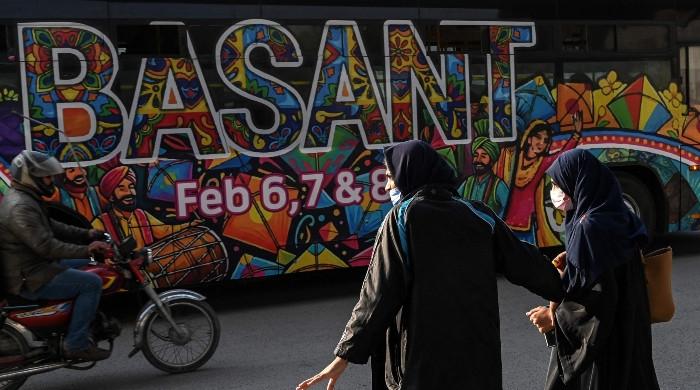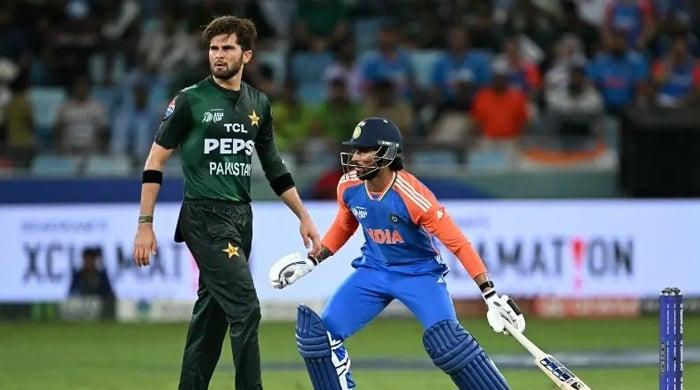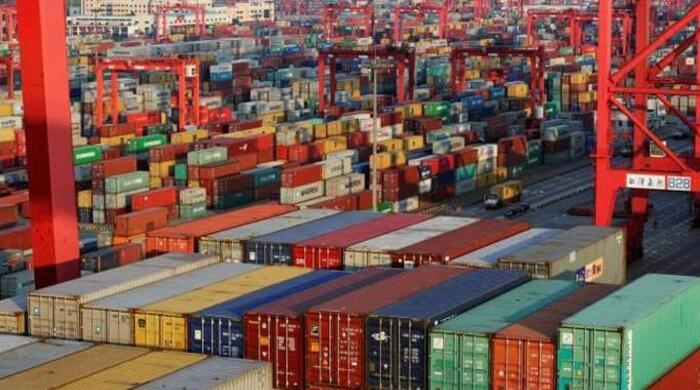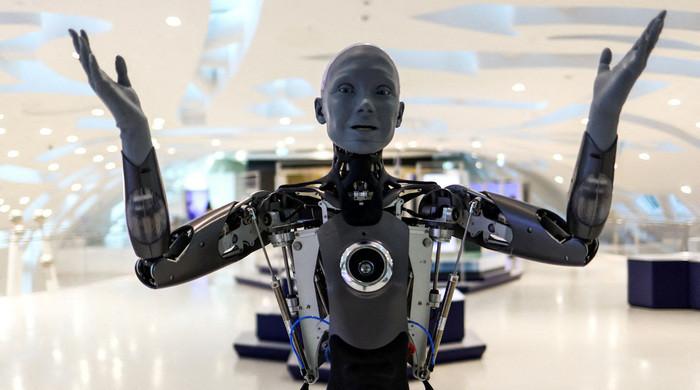Mind The Gap
Gender gap or disparity is the difference in the representation of men and women in a society’s social, cultural, economic, legal, educational and political domains
September 20, 2022
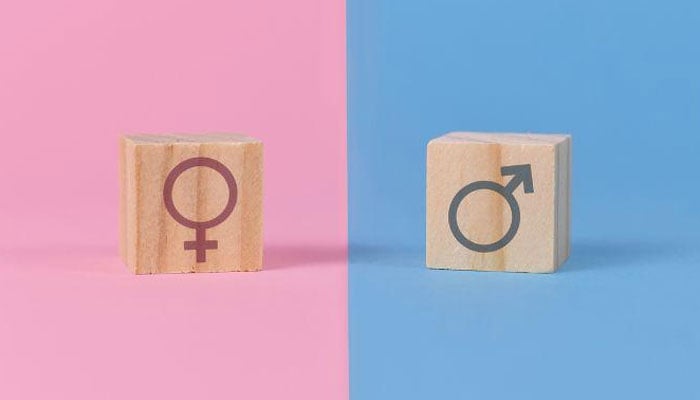
“No nation can be worthy of its existence that cannot take its women along with the men”
__ Muhammad Ali Jinnah
The dream that was conceived as an idea became a reality 75 years ago when Pakistan was born as a sovereign independent state. Our forefathers entrusted us with building Pakistan into a great nation, a country where justice shall reign supreme and human rights be accessible as birthrights to all.
Being the fifth largest country in terms of population growth, we are certainly growing rapidly. But unfortunately, we are quite clueless. The massive population of around 230 million comprises 51.46% males and 48.54% females, approximately. This appears to be a minor statistical gap. But the real and most significant gap lies in equal representation amongst both genders.
Gender gap or disparity is the difference in the representation of men and women in a society’s social, cultural, economic, legal, educational and political domains. The entire world has faced this challenge since the beginning of time. However, many countries have made conscious efforts and contributions to bridging the gender gap. But in Pakistan, we have gone from bad to worse and this gap has further widened over the years.
It is disheartening to read the recent reports by the World Economic Forum on the Global Gender Gap which places Pakistan in the 2nd last position - 145th amongst 146 countries in gender equality. So, when and where did we go wrong?
We have multiple factors responsible for the gap and disparity with prioritizing education being the first and foremost one. In our society, women's fate is usually predetermined by their families, especially the men of the house. It was no surprise to learn that our female workforce is disappointingly low as only 25% of young women with university degrees choose to pursue their careers and work for society. In rural areas, women work in fields or stay at home mainly due to the demographic disparity (urban vs rural). They have limited access to health facilities and are seldom involved in any decision-making. Education is not even on the priority list for them. Urban women, after completing their studies, usually don’t pursue their careers mainly because of the social responsibilities entrusted to them by society.
The wage or remuneration gap is another demotivating factor that’s affecting our gender gap as women in Pakistan are reportedly paid 34% less wages as compared to their male counterparts with the same degree of qualification and experience. In addition to this, another survey revealed that women are not encouraged to step out of their homes because of the increase in crime rate and inadequate transport facilities - a nightmare for public transport users, especially if you’re a woman.
In short, lack of education, cultural attitudes, economic inequalities and the deprivation of equal opportunities and human rights for women are responsible for where we stand today. Hope is not all lost but the statistics are grim and worrisome.
Some multinationals have come forward to address this issue by increasing the hiring opportunities for women workforce in their offices like a telecom company that established all women-only customer care centres. A leading transport company inducted women into their fleet of “captains”. Also, many banks and FMCGs are now holding a certain percentage of female employees and board members after the SECP made it mandatory for the companies. The Pakistan Armed Forces, be it Army, Air Force or Navy, have encouraged and have witnessed an increase in the recruitment of women in almost all their branches and across all functions.
It took us 75 years to reach here. Let's hope it doesn’t take another 75 years for our policymakers to realize the power of inclusion of women and the importance of involving them in decision-making.
The solution to bridging this gender gap is a long but not hopeless journey. Education, most importantly, should be made compulsory for at least 16 years for all citizens by the government. In the workplace, in transportation, and in educational settings, a safe and healthy environment should be maintained. This can be achieved when criminal laws are tightened, and strictly enforced against harassment and other injustices against women. Additionally, access to speedy justice must be ensured for the masses with a special focus on affordability for all women. Lastly, policymakers need to implement equal wages for all genders based on their qualifications and experience.
Result: Empower your woman and she’ll empower the nation.
Gender equality in providing equal opportunities to all sexes is the key component to the development and progress of any country. This can be achieved when men and women are offered equal rights and obligations in every walk of life in society.
“There are two powers in the world; one is the sword and the other is the pen. There is a great competition and rivalry between the two. There is a third power stronger than both, that of the WOMEN”
___ Muhammad Ali Jinnah







